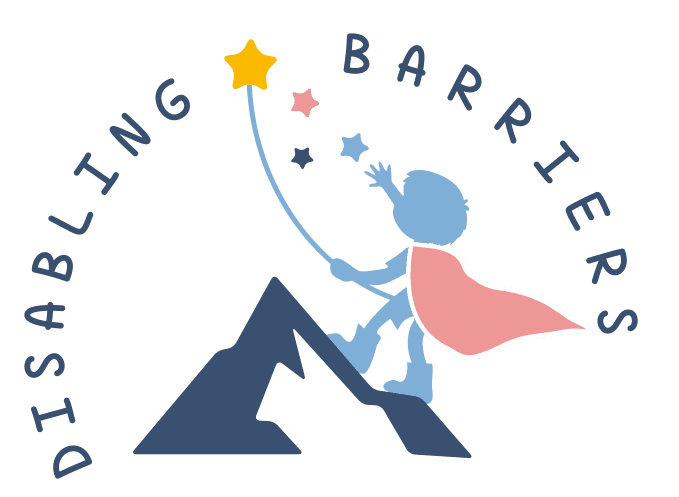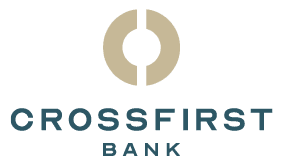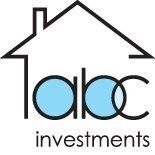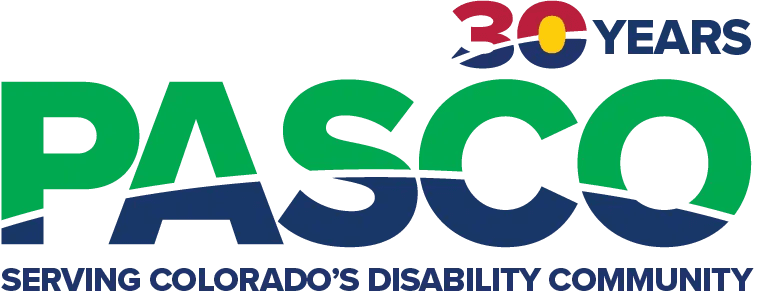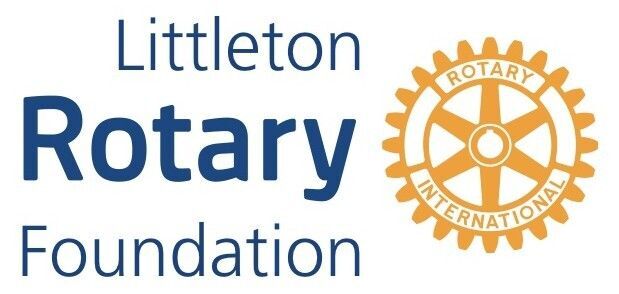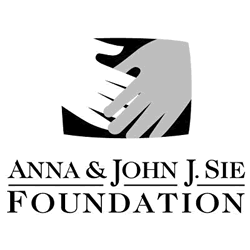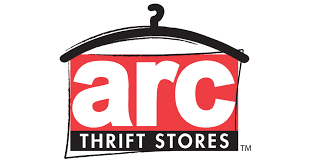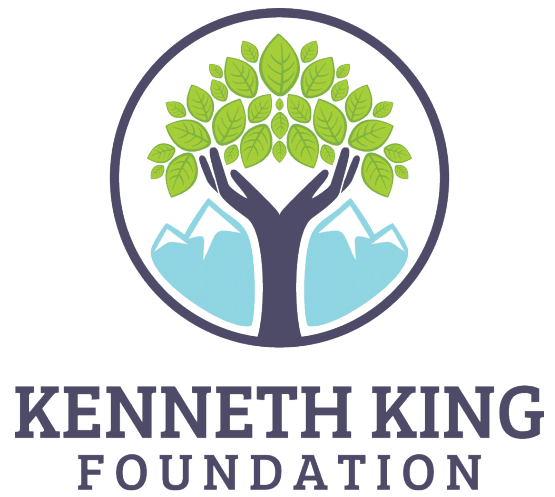This section has answers to the questions we are most most commonly asked. If you can’t find the answer you were looking for, don’t hesitate to contact us.
Prospective Student Questions
-
Do I get to choose my course of study?
Yes! Students select their courses from the standard course catalog at the school. Course selection is based on the student’s career goals and requirements for that area of study.
-
Will I be included in the student body?
Yes! Students that enroll via inclusive higher education pathways are considered traditional students. As such, they are fully included in campus life, which includes traditional classes, residence halls/apartments, clubs (i.e. Greek life, sports, student government), and more.
-
Do I get to live in the dorms?
At UNC and Regis, students may choose to live in the dorms. At UCCS, on-campus apartments are available to students.
-
Will I take a full 15-hour course load each semester?
Students take a reduced number of academic classes, while also completing internships. Students typically take three classes each semester - two courses of their choice from the course catalog and one inclusive service support class.
-
Will I earn a bachelor’s degree?
Students accessing modified curriculum work towards a Comprehensive Higher Education Certificate, which includes the completion of college credits in a focused area of study alongside work experiences.
-
How will I be successful academically, given the rigor of college-level class work?
To help students succeed, professors employ universal design, differentiated classroom learning techniques, accommodations, and modifications. Professors receive support from each school’s inclusive office to modify academics based on student’s individual needs. In addition, peer mentors provide a range of other supports, including attending class with students, tutoring, and homework clubs.
-
How are supports customized to my needs?
Upon acceptance, the student and family meet with the inclusive staff on campus to discuss the student’s needs and develop a person-centered plan to ensure student success. Throughout the semester, the on-campus staff have frequent check-ins with students and, if appropriate, family members and other service providers.
Eligibility and Applying
-
Do I apply to IN! or the school of interest to me?
Students apply to the inclusive office on each campus (i.e. Elevate at ACC, UCCS Office of Inclusive Services, GOAL at UNC, and GLOBAL at Regis). IN! does not provide direct support to students. Instead, IN! functions as an advocacy and fundraising body.
-
For the purpose of inclusive higher education, what constitutes an intellectual disability?
The American Association on Intellectual and Developmental Disabilities (AAIDD) defines an intellectual disability as “a disability characterized by significant limitations in both intellectual functioning and in adaptive behavior, which covers many everyday social and practical skills. This disability originates before the age of 18.”
For inclusive higher education programs, students must provide a body of evidence (IEPs, medical records, written reports from teachers or parents, etc.) that indicate an intellectual disability and therefore necessitate additional supports at the college level.
On IN!’s website, we abbreviate intellectual and developmental disabilities using “IDD”; this is based on state practices.
-
Are there any age restrictions?
Students must be 18 or older. There is no upper age limit.
-
Can I be enrolled in high school or a school transition program while receiving inclusive supports?
No. Applicants must plan to complete their K-12 education, which may include district transition services, by the time of admission to higher education.
-
Are the SAT or ACT required for admission?
No. The admission process usually consists, at minimum, of a written application, letter of recommendation, and an interview.
-
Do I need a regular high school diploma to enroll in an inclusive higher education pathway?
No. Students with intellectual disabilities leave K-12 education at different times and for different reasons. As a result, students may receive a certificate of completion, alternative diploma, traditional diploma, GED, etc.
-
Do I have to be my own guardian?
Each school has its own policies regarding guardianship. It is best to contact each school directly to discuss this matter.
-
We encourage students who could pursue a traditional degree to do so. Students accessing inclusive services and modifications are considered to be non-degree seeking. If you are seeking a traditional college degree, there may be other avenues available that better address the student’s social support needs. We encourage students that wish to be traditional degree-seeking students to review our levels of college support handout linked above. This might provide a good guide for which programs are best for you.
-
I am interested in touring a campus. Should I set up a separate tour?
We encourage you to attend the regular campus tours offered by the school of interest and set up a meeting with the inclusive service office for when you will be on campus.
Funding
-
What is the cost of tuition?
Tuition varies by institution. A variety of funding sources exist to lower costs for students. These include government funding, financial aid, and scholarships. In addition, we encourage you to learn about options available via the Department of Vocational Rehabilitation, Community Centered Boards, and ABLE accounts. For more information, please refer to our funding page.
-
Is financial aid available?
Yes! Financial aid is available to students with intellectual disabilities at all four schools with inclusive programs - ACC, UNC, UCCS, and Regis.
-
Do students pay a fee to IN!?
No! We are a non-profit advocacy organization that promotes inclusive higher education and partners with institutions of higher education to help them develop their own supports for students. We do not provide direct support to students and do not receive money from students who enroll via inclusive pathways.
-
Senate Bill 16-196 establishes five-year pilot funding for each school. Will these opportunities cease to exist?
No. State funding is in place to assist the programs as they grow their enrollments. The programs are designed to be self-sustaining after this funding ceases.
History & Future of Inclusive Higher Education
-
How did inclusive higher education begin?
The reauthorization of the Higher Education Opportunity Act in 2008 increased access to college campuses for students with intellectual disabilities by defining comprehensive transition and postsecondary programs (CTP). IN! was founded in 2014 to advocate for the establishment of inclusive higher education (IHE) in Colorado. In 2016, IN! helped pass Senate Bill 16-196, “Inclusive Higher Education Act,” which established pilot funding for the University of Northern Colorado, Arapahoe Community College, and University of Colorado at Colorado Springs to open their doors to students with intellectual disabilities.
-
How is inclusive higher education different from disability services on a college campus?
Traditional disability services offices provide accommodations to students. Through inclusive services, students can also receive modifications. However, with inclusive services, students also receive support in a wide range of domains including academics, social engagement, career development, and independent living.
Examples of traditional accommodations include: Extended time, assistive technology, frequent breaks, audio books, and quiet test location.
Examples of inclusive modifications include: Shortened paper lengths, alternative assessments, and abbreviated reading assignments. -
Are these separate programs run by outside organizations?
No. The programs are pathways established by the college as part of the college’s system to support students with intellectual disabilities. Students receive support from the inclusive offices on campus just as other students receive support from other student support offices (i.e. counseling, international affairs, diversity offices).
-
Does a program go through an accreditation process?
Think College, the National Coordinating Center for inclusive higher education, recently released accreditation standards. Each school in Colorado offering inclusive higher education will be working to comply with the standards. In addition, Comprehensive Transition Program status is a federal designation first outlined in the 2008 Higher Education Opportunity Act. Programs at ACC, UCCS, UNC, and Regis have received CTP approval. Additionally, all four schools have approved a Comprehensive Higher Education Certificate to be awarded to students upon completion of the pathways.
-
How many students are enrolled in inclusive higher education programs in Colorado?
Enrollment in inclusive higher education pathways continues to grow in Colorado. In the first school year (2016-17) of inclusive programming, 19 students were enrolled between three schools. Now, enrollment in each program each year fluctuates between 15-25 students, putting statewide enrollment at about 80 students annually.
-
Will inclusive higher education expand to other institutes of higher education in Colorado?
Because the pilot schools have proven there is great demand for these options, IN! and the Colorado Inclusion Consortium continue to look at opportunities for expansion to other schools. Our vision is that these options become a part of the fabric of colleges and universities across Colorado.


